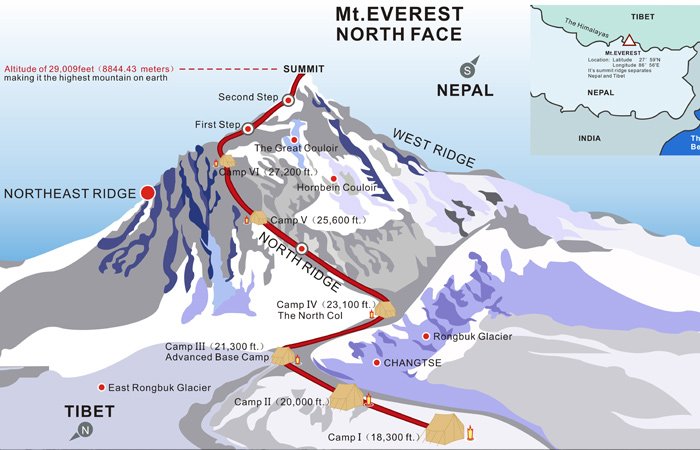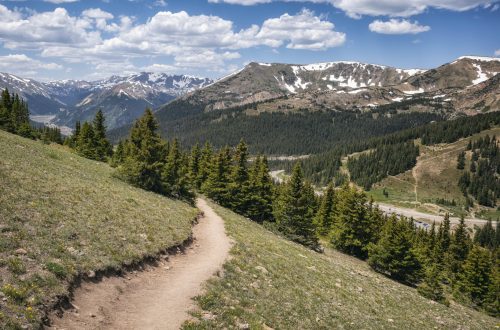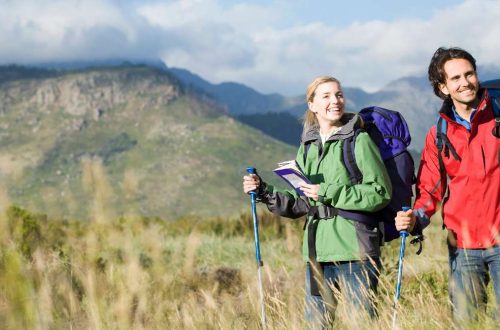Mount Everest․ The name itself conjures images of towering peaks, breathtaking vistas, and unparalleled adventure․ But beneath the allure of conquering the world’s highest mountain lies a stark reality: Everest is incredibly dangerous․ The question isn’t simply “Is hiking Everest safe?” but rather, “How much risk are you willing to accept?” It’s a challenge that demands respect, meticulous planning, and a deep understanding of the inherent dangers․ Let’s delve into the factors that make Everest so perilous and explore what it truly takes to attempt this monumental climb․
Understanding the Dangers of Hiking Everest
Hiking Everest presents a unique and formidable set of challenges․ It’s not just a walk in the park, or even a particularly challenging mountain hike․ The extreme altitude, unpredictable weather, and treacherous terrain combine to create a potentially deadly environment․ Let’s break down some of the key risks:
- Altitude Sickness: As you ascend, the air becomes thinner, meaning less oxygen․ This can lead to altitude sickness, which, in its most severe forms, can be fatal․
- Extreme Weather: Everest is notorious for its unpredictable and violent weather patterns․ Sudden blizzards, high winds, and freezing temperatures are commonplace․
- Avalanches and Icefalls: The Khumbu Icefall, in particular, is a constantly shifting and incredibly dangerous area prone to avalanches and icefalls․
- Crevasses: Hidden beneath the snow and ice are deep, often unseen, crevasses that can swallow climbers whole․
- Falls: The terrain is steep, icy, and rocky, making falls a significant risk․
These are just a few of the dangers․ The mountain demands respect, and any lapse in judgment can have devastating consequences․
Tip: Proper acclimatization is crucial for minimizing the risk of altitude sickness․ Spend several days at progressively higher altitudes to allow your body to adjust․
The Role of Experience in Hiking Everest Safely
Attempting Everest without significant mountaineering experience is, frankly, reckless․ This isn’t a mountain you can simply decide to climb on a whim․ It requires years of training, experience on other high-altitude peaks, and a deep understanding of mountaineering techniques․
Why Experience Matters for Everest Hiking
Experience isn’t just about bragging rights; it’s about survival․ Experienced climbers are better equipped to:
- Recognize and avoid potential hazards․
- Make sound decisions under pressure․
- Use mountaineering equipment effectively․
- Manage their physical and mental endurance․
Think of it like this: would you trust a pilot who’s never flown a plane to fly you across the Atlantic? The same principle applies to Everest․ Your life depends on your skills and experience, and the skills and experience of your team․
Choosing the Right Everest Hiking Guide and Team
Even with years of experience, climbing Everest is rarely a solo endeavor․ Choosing a reputable and experienced guiding company is paramount to your safety․ These companies provide essential support, including:
- Experienced guides and Sherpas․
- Logistical support (permits, supplies, etc․)․
- Medical assistance․
- Rope fixing and route finding․
Questions to Ask Potential Everest Hiking Guides
Before committing to a guiding company, ask these crucial questions:
- What is your success rate on Everest?
- What is the experience level of your guides and Sherpas?
- What safety protocols do you have in place?
- What is your contingency plan in case of an emergency?
Don’t be afraid to ask tough questions․ Your life may depend on the answers․
Important: Research guiding companies thoroughly and read reviews from previous clients․ Don’t base your decision solely on price․
Frequently Asked Questions About Everest Hiking Safety
So, is hiking Everest safe? The answer, as you can see, is complex․ It’s a calculated risk, one that requires meticulous planning, extensive experience, and a healthy dose of respect for the mountain․ It’s a challenge that pushes individuals to their limits, both physically and mentally․ Ultimately, the decision to climb Everest is a personal one, but it should never be taken lightly․ Remember to weigh the risks, prepare thoroughly, and choose your team wisely․






